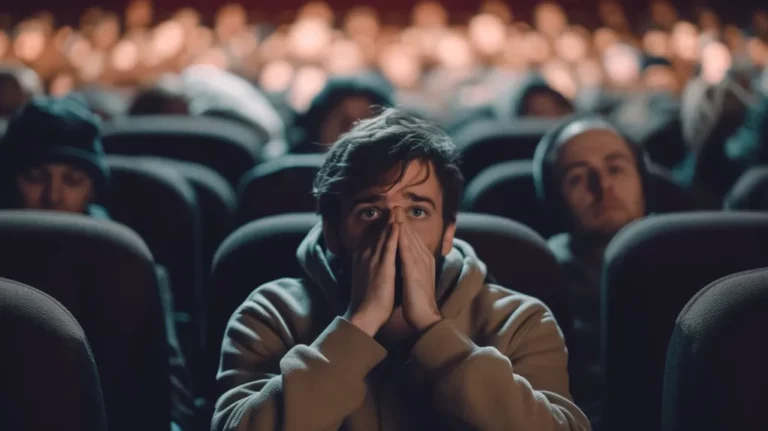David Lynch, acclaimed American filmmaker, was recently diagnosed with lung disease emphysema from a lifetime of smoking. The 78-year-old director will need to stay home, as getting even a common cold could be life-threatening for him now. While he might not be able to shoot another movie on set, the legendary director will always be known as the master of strange, affecting stories.
Eraserhead’s Bizarre Visuals
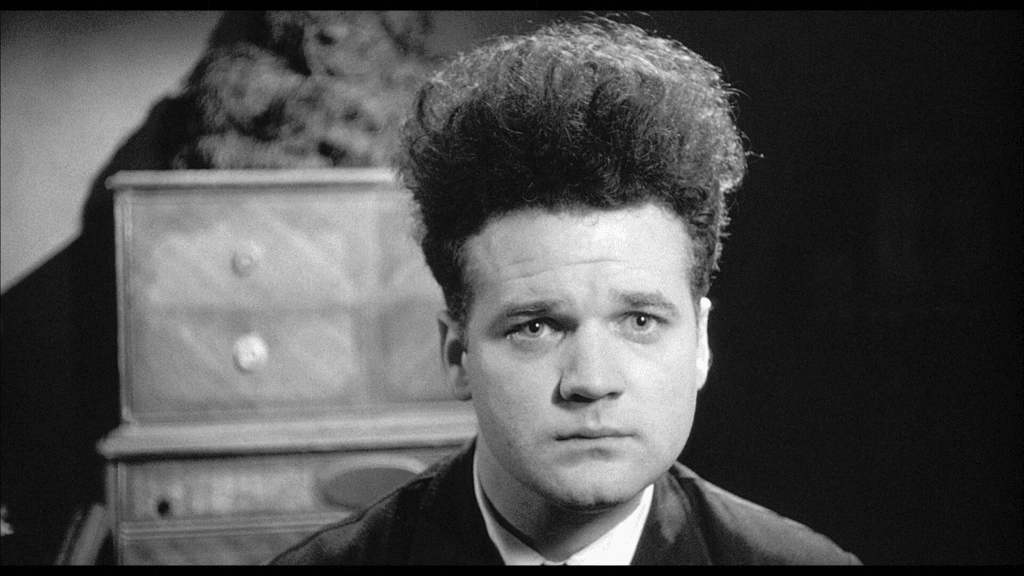
Lynch’s first movie, the enigmatic and eerie Eraserhead (1977), is basically a distilled form of on-screen anxiety. It’s largely anxiety regarding having a child, though the film also treats human relationships as something between alluring and repulsive. It’s an unusual, sometimes impenetrable movie with a strong cult following.
The Sympathetic Elephant Man
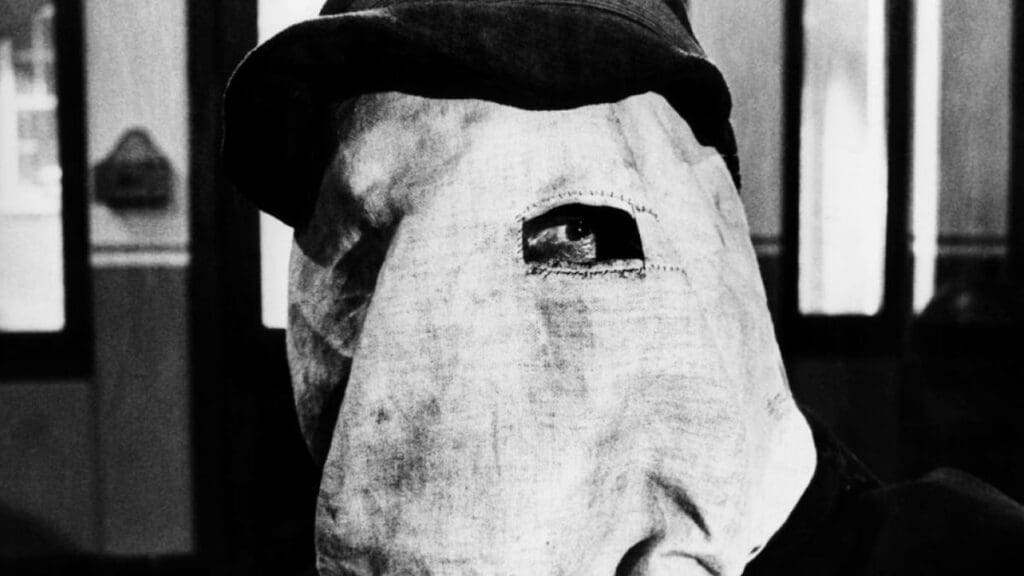
His second film, the 1980 biopic The Elephant Man, told the sad story of Joseph Merrick. Merrick was affected by an unknown disease that caused facial deformities and other alterations to his appearance, but Lynch treats the protagonist with pathos and genuine heart that reminds viewers to never judge people based on their appearance.
He Nearly Directed Return of the Jedi

George Lucas was a huge fan of Eraserhead and asked Lynch to direct Return of the Jedi after the success of The Elephant Man. Lynch turned the role down, saying Lucas should direct it himself so it would fit his vision. Interestingly, Lucas found another director, Richard Marquand, to take the helm after Lynch (and, incredibly, David Cronenberg) turned the job down.
His Vision of Dune

While Denis Villeneuve’s modern-day imagining of Dune has captivated audiences and won accolades, Lynch’s 1984 version of the classic Frank Herbert novel helped make the story more widely popular. Notably, Lynch himself was unhappy with the final cut of the movie, as it was a studio film over which he couldn’t exercise executive control.
Dream Logic Makes Blue Velvet Tick
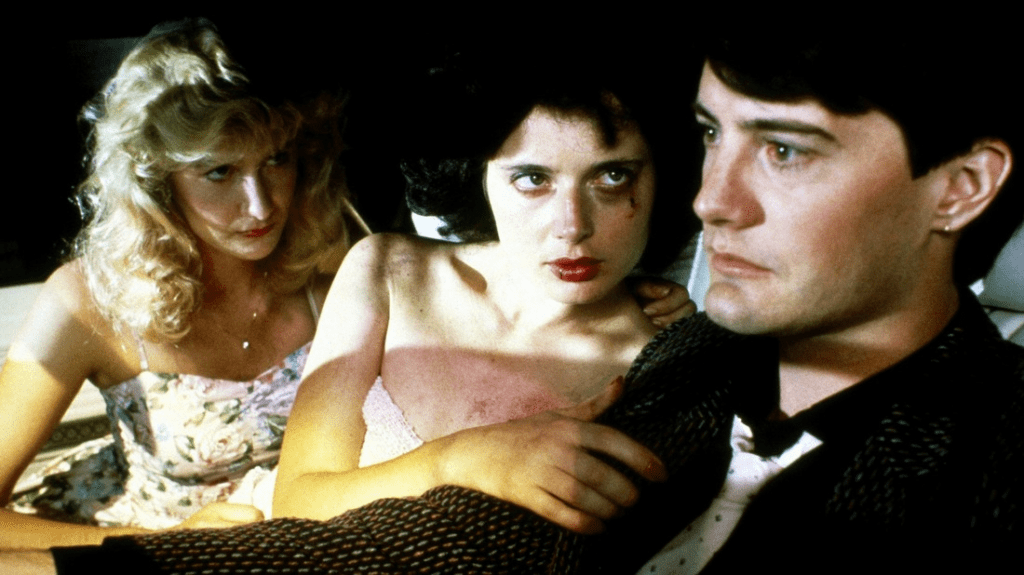
Many fans of Lynch feel his directorial voice really became evident in the 1986 mystery movie Blue Velvet. The movie revolves around a university student who finds a severed ear in a field, which leads him on a bizarre, dream-like quest for answers. The movie’s distinctive eerie vibe would go on to be a Lynch staple in works like Twin Peaks.
Twin Peaks Bring Lynchian Weirdness to TV
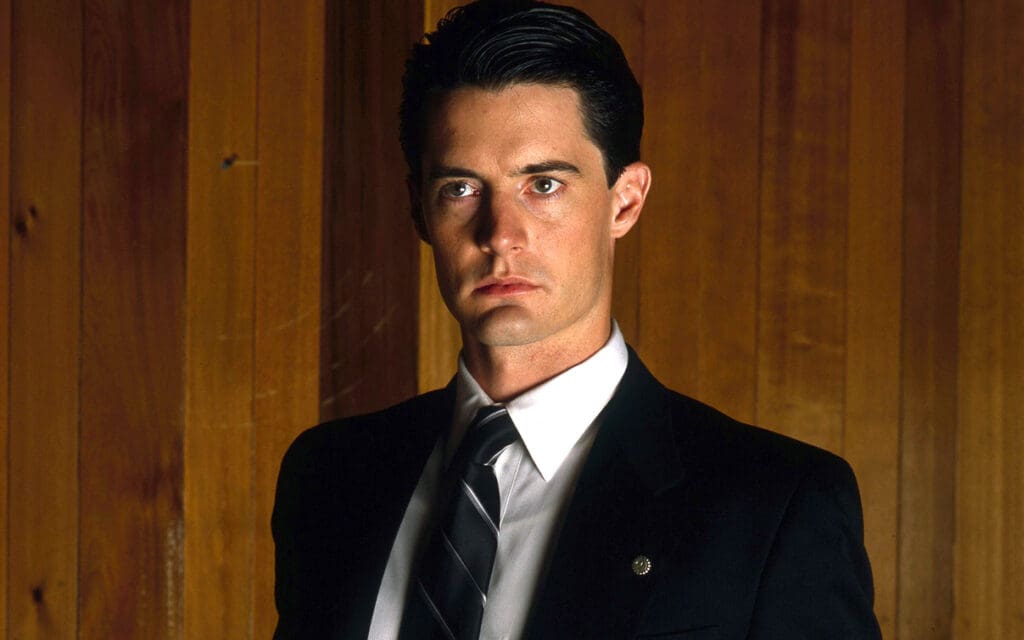
After his string of movies, Lynch worked with TV producer Mark Frost to try to bring a number of his ideas to the small screen. One such concept started with the gripping premise of investigators looking into the mysterious appearance of a corpse that washes up on a beach. It was initially called Northwest Passage, but would get the much more evocative name Twin Peaks before going to air.
Why Twin Peaks Worked
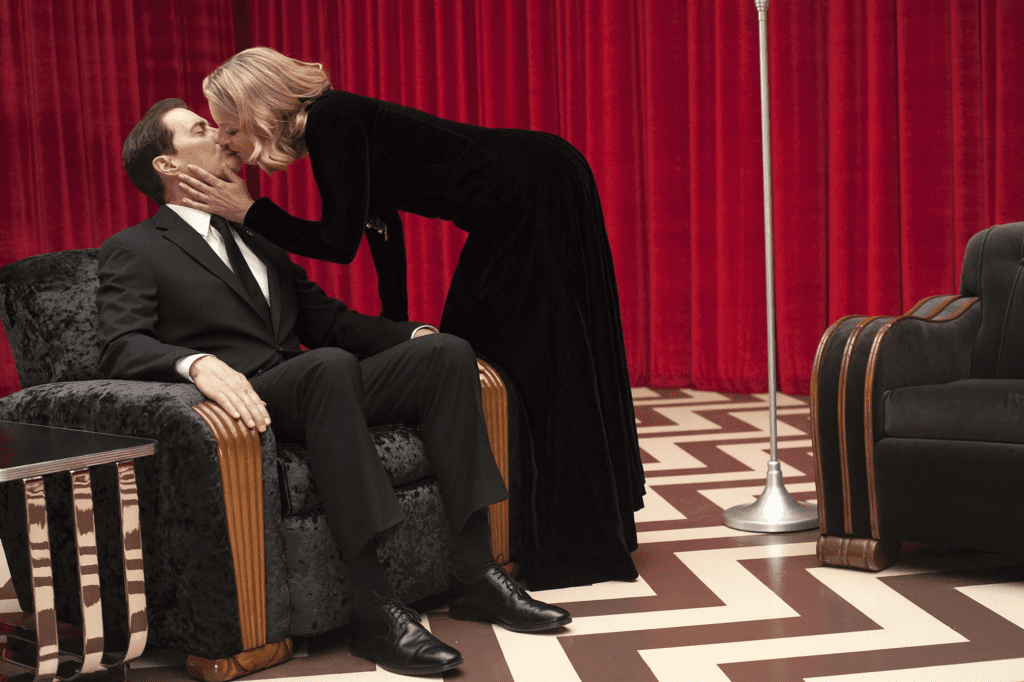
Twin Peaks brought something to TV that hadn’t been there before: an air of serialized, procedural professionalism that respected the audience’s intelligence and left them to puzzle out answers for themselves. The dream logic of Blue Velvet made a return, with many elements of the story veering into allegorical and even mythical territory.
Read More: The 20 Best TV Theme Songs of All Time
Network Interference and Cancellation

Lynch was pressured by ABC to reveal a major plot twist too early in the show’s run for his liking. The identity of the central murderer was revealed before the second season ended, leading to a ratings drop and premature cancellation. The series famously ends on a cliffhanger, with Lynch noting that allowing the network to interfere with his vision for the show is one of his biggest professional regrets. Thankfully, the show was revived for a third season in in 2017 to fan praise and critical acclaim.
Read More: 10 Movies with Practical Effects Better Than Modern CG
Continuing Impact

Lynch was an early adopter of web-based distribution of his works, including an experimental horror “sitcom” called Rabbits, a short experimental film called Darkened Room, and his famously bizarre shorts series, DumbLand. His other movies, like Wild at Heart, Mulholland Drive, and Inland Empire further cemented the director as an all-time master of all things bizarre and otherworldly.
Lynch’s influence can be felt throughout plenty of other works, including the horror game Control, TV series Atlanta, and film It Follows. Notably, Lynch isn’t considering retiring, as he still wants his unproduced 2010 screenplay Antelope Don’t Run No More to become a movie—even though it’s unlikely he’d be able to direct it himself.
Read More: 20 Best Movies of 2024 So Far




